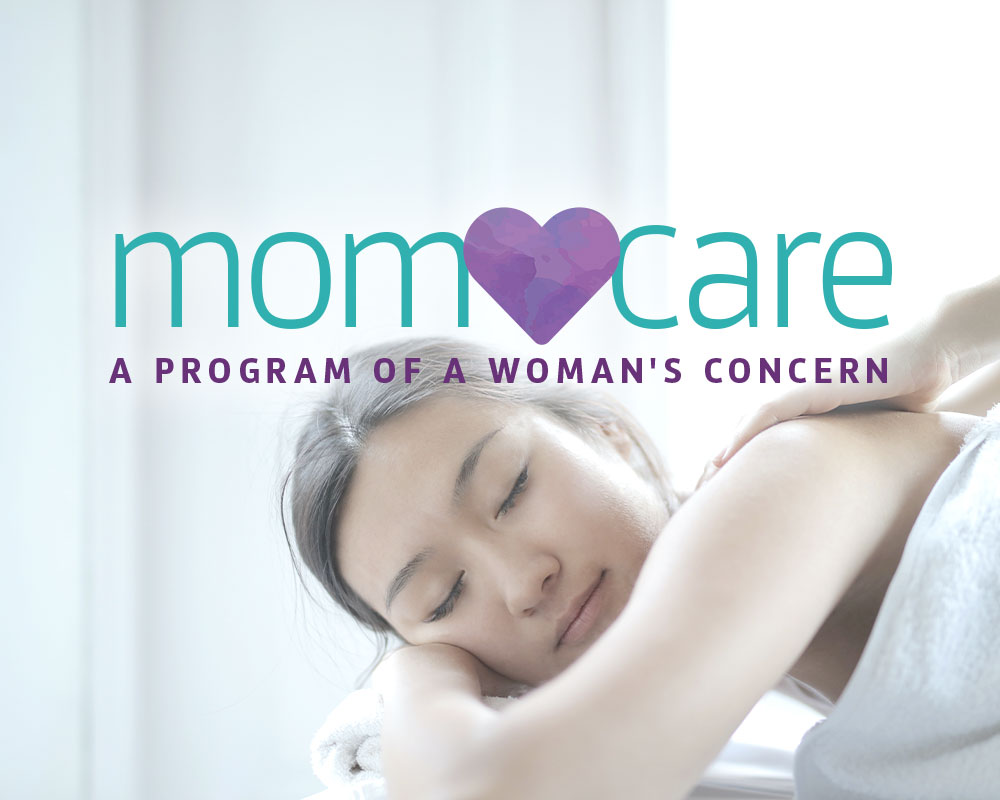The postpartum period is the period of time right after the delivery of your baby up to approximately 6 weeks, at which time your body has returned to its pre-pregnancy state (on the inside, anyway). During this time, many changes are taking place in your physical body and also emotionally. It’s a special time to spend getting to know your new baby and learning to mother this little one, and it’s also a time to nurture yourself too.
Taking special care of yourself helps you to feel well and be at your best for yourself and your family. It is just as important to care for your mental and emotional health as your physical health.
To make the transition to life after the baby comes
go smoothly, we recommend these 10 tips to help you take good care of yourself:
- Lean Protiens: Lean meat, fish, nuts, and also beans.
- Vegetables: Choose a variety of all the different colors
- Fruits: Fresh is best, but canned in water or frozen is fine too
- Dairy: Milk, cheese, and yogurt
- Grains: Choose whole grains, rice, oats, barley, and pastas
Walking is the easiest way to stay active, and your baby can enjoy it too. Pack them up in a stroller, and head out (weather permitting, obviously).
Other low-impact exercise options include walking on a treadmill, riding a stationary bike, or using an elliptical machine. Swimming is great too if you have access to a pool. You can also find yoga and low-impact aerobics for free on YouTube to do in the comfort of your home while your baby watches you from his/her swing or bouncy chair.
Kegel exercises help to strengthen the pelvic floor that supports your bladder, uterus, and rectum.
It's really easy to learn how to exercise these muscles. The next time you take a trip to the ladies' room, try stopping your urine midstream. That’s a Kegel! Now you can do these exercizes anywhere, several times a day. Hold for 10 seconds at least three times a day.
(You may thank yourself later in life also, as a strong pelvic floor can help prevent urine leakage when you're sneezing, laughing, or coughing.)
Accept it or ask for it! Let family and friends give you a break. Take a little time for yourself. Get outside for a breath of fresh air or some sunshine. Let them bring meals, accept offers to help you with tasks they can do, such as groceries or cleaning.They want to help you and it makes them feel needed. Don’t be too proud or worried about inconveniencing others. Remember, it takes a village!
Need a hand? We're here for you! Don't forget that you can always call us for assistance; that's why we're here.
It’s very important to schedule and keep your postpartum visit. This is usually at 6 weeks for a vaginal delivery and 1 week for a C-section.
If at any time you have a fever of 101 degrees or higher, very heavy bleeding or clots, foul smelling vaginal discharge, severe headache, red streaks in your breasts, a reddened and warm incision, or generally do not feel well, call your OB doctor.
Don’t forget to schedule fun activities, with or without the baby. Do the things you always liked to do. Go shopping, go to the park, take a (gentle) hike, read a book from your TBR list, or snuggle in to watch a movie. It is easy to get caught up in motherhood and babyland, but don’t forget to take time to enjoy some of the things that are uniquely you.
1. Get your Rest
This is hands down the most important thing you need! Rest when your baby rests and every chance you get in the early postpartum period. Never underestimate the power of a power nap! Even a 10-15 minute rest can do wonders to revive you. A few of these each day can add up to a better rested mother.
2. Eat Healthy
Choose your food wisely, limiting sweets, extra salt, junk food, and alcohol.
- Lean Proteins: Lean meat, fish, nuts, and also beans.
- Vegetables: Choose a variety of all the different colors
- Fruits: Fresh is best, but canned in water or frozen is fine too
- Dairy: Milk, cheese, and yogurt
- Grains: Choose whole grains, rice, oats, barley, and pastas
3. Hydrate
Fluids are very important, especially if you are breastfeeding. You need at least 8 cups per day (64 ounces), but we recommend up to 16 cups (128 ounces) if you are nursing your baby.
4. Exercise
Walking is the easiest way to stay active, and your baby can enjoy it too. Pack them up in a stroller, and head out (weather permitting, obviously).
Other low-impact exercise options include walking on a treadmill, riding a stationary bike, or using an elliptical machine. Swimming is great too if you have access to a pool. You can also find yoga and low-impact aerobics for free on YouTube to do in the comfort of your home while your baby watches you from his/her swing or bouncy chair.
5. Do Your Kegels
Kegel exercises help to strengthen the pelvic floor that supports your bladder, uterus, and rectum.
It’s really easy to learn how to exercise these muscles. The next time you take a trip to the ladies’ room, try stopping your urine midstream. That’s a Kegel! Now you can do these exercises anywhere, several times a day. Hold for 10 seconds at least three times a day.
(You may thank yourself later in life also, as a strong pelvic floor can help prevent urine leakage when you’re sneezing, laughing, or coughing.)
6. Accept Help
Accept it or ask for it! Let family and friends give you a break. Take a little time for yourself. Get outside for a breath of fresh air or some sunshine. Let them bring meals, accept offers to help you with tasks they can do, such as groceries or cleaning.They want to help you and it makes them feel needed. Don’t be too proud or worried about inconveniencing others. Remember, it takes a village!
Need a hand? We’re here for you! Don’t forget that you can always call us for assistance; that’s why we’re here.
7. Manage Stress
Be aware of your mental state. Are you overwhelmed, exhausted, scared, or having “baby blues” ? Recognize you may need to give yourself a break. Look for local support groups for new mothers or online forums or chats to connect with others. If you are having baby blues lasting longer than 2 weeks, call your OB doctor. It could be Postpartum Depression (PPD).
8. Get to all your Appointments
It’s very important to schedule and keep your postpartum visit. This is usually at 6 weeks for a vaginal delivery and 1 week for a C-section.
If at any time you have a fever of 101 degrees or higher, very heavy bleeding or clots, foul smelling vaginal discharge, severe headache, red streaks in your breasts, a reddened and warm incision, or generally do not feel well, call your OB doctor.
9. Keep taking your Vitamins
Continue your prenatal vitamins while breastfeeding. If not, a multi-vitamin with iron will be sufficient.
10. Make time for fun
Don’t forget to schedule fun activities, with or without baby. Do the things you always liked to do. Go shopping, go to the park, take a (gentle) hike, read a book from your TBR list, or snuggle in to watch a movie. It is easy to get caught up in motherhood and babyland, but don’t forget to take time to enjoy some of the things that are uniquely you.

BONUS: Come Back to AWC for Mom Care!
If you were part of our program during your pregnancy and you come back within the first 4 months of giving birth and complete the 5 required classes in our office, you will receive a gift card for a meal delivery or grocery service and a massage!

Lisa Zartman, RN, RNC-MNN®
Guest Contributor | Lisa Zartman is a Registered Nurse Certified in Maternal Newborn Nursing (RNC-MNN®) with over 25 years of experience working with new moms and babies in Maternity at a local hospital. She is also a freelance nurse writer.

Lisa Zartman, RN, RNC-MNN®
Guest Contributor | Lisa Zartman is a Registered Nurse Certified in Maternal Newborn Nursing (RNC-MNN®) with over 25 years of experience working with new moms and babies in Maternity at a local hospital. She is also a freelance nurse writer.
This information is presented as an informational tool only. It is not intended to replace medical advice or care from a qualified medical provider.







